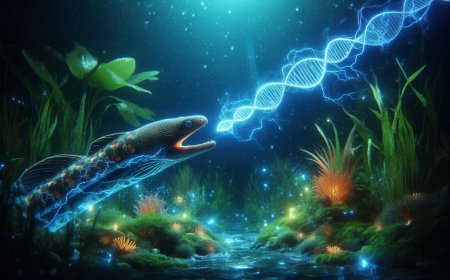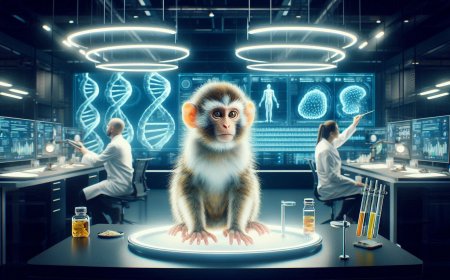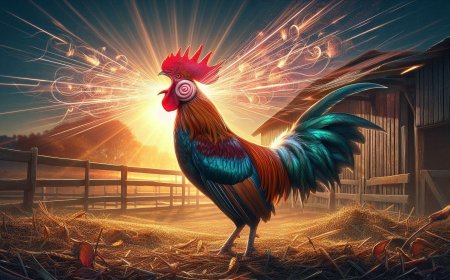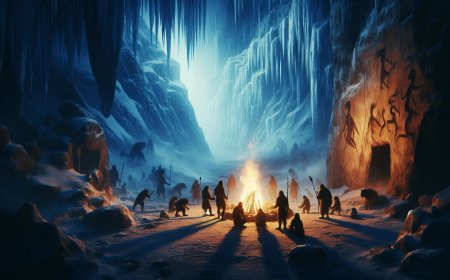Chimpanzees and Menopause: A Shared Evolutionary Journey?
Explore the evolutionary connection between chimpanzees and humans, focusing on menopause. Discover how research into this shared biological phenomenon sheds light on aging and reproductive health across species.
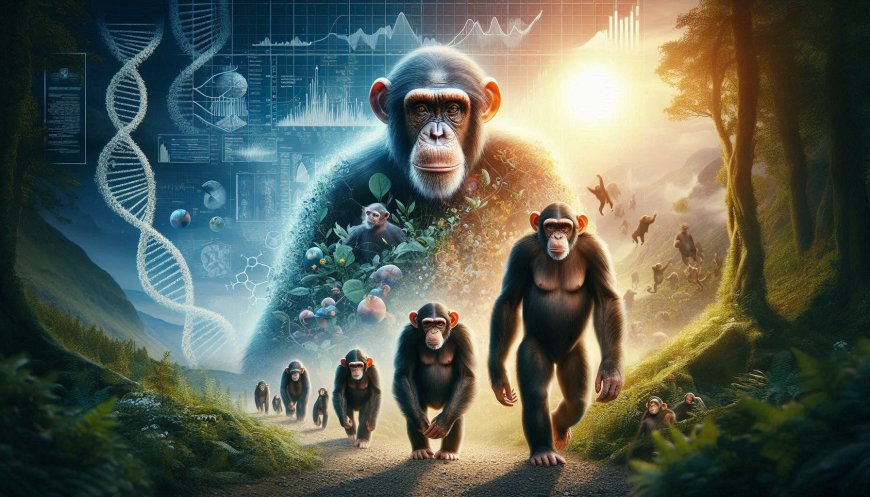
When we think of menopause, it’s easy to imagine it as a distinctly human experience—a biological milestone marking the end of fertility. But what if we’re not alone in this? Recent discoveries have turned the spotlight on our closest relatives, the chimpanzees, revealing that they too experience something astonishingly similar to menopause. This groundbreaking research not only redefines what we know about chimpanzees but also deepens our understanding of the evolutionary paths we share.
For over two decades, a dedicated team of scientists has been observing wild chimpanzees in Uganda’s Kibale National Park. Their research focused on 185 female chimpanzees, studying their reproductive habits, aging processes, and hormonal changes. What they found was nothing short of extraordinary—after the age of 30, female chimps show a marked decline in fertility, and by 50, their ability to bear offspring disappears entirely. This mirrors human menopause in a way no one had anticipated.
But it’s not just a drop in reproduction. Older chimpanzees go through dramatic hormonal shifts, just like women. Levels of follicle-stimulating hormone and luteinizing hormone rise sharply, while estrogen and progestin levels plummet—hallmarks of the biological changes seen in human menopause. For these chimps, it’s more than just the end of their reproductive years; it’s a transition to a new life stage.
The Evolutionary Puzzle of Menopause
This discovery brings us to a fascinating question: why would a species, especially one so closely related to humans, evolve to stop reproducing while still having decades left to live? In the world of evolutionary biology, where reproduction is often the name of the game, menopause has always seemed like a bit of an enigma.
One prevailing theory for humans is the “grandmother hypothesis.” It suggests that post-reproductive women play a crucial role in helping care for their grandchildren, boosting the survival of the next generation. But chimpanzees don’t live in extended family structures like humans, and they don’t typically help raise their grandchildren. So what’s going on?
An alternative explanation is the “kin competition hypothesis.” In the highly social world of chimpanzees, food and resources are often scarce. If older females continued to reproduce, their offspring would compete for resources with their own grandchildren. By ceasing reproduction, these elder chimps may be helping their family survive in a different way—by reducing competition within the group.
Is Menopause Common in Other Primates?
What makes this discovery even more exciting is the potential it holds for understanding the broader evolutionary story of primates. Could other primates, such as bonobos, also experience menopause? If so, what does this tell us about our shared ancestry? Bonobos are our other closest relatives, and their social structures are different yet equally complex. Research into their aging and reproductive patterns could provide new insights into why menopause evolved and what purpose it might serve.
Moreover, the chimpanzees studied in Kibale National Park live in an environment that’s relatively stable, with plenty of food and fewer predators. Could this longer life expectancy, thanks to a less hostile environment, be contributing to the emergence of menopause in this community? Scientists are eager to conduct comparative studies across different habitats to see if this is a universal trait among chimpanzees or unique to the Ngogo chimpanzee group.
A New Chapter in Understanding Our Shared Evolution
The discovery of menopause in wild chimpanzees marks a significant leap forward in our understanding of evolution and aging. It’s not just about reproductive biology—it’s about survival, social dynamics, and the role older individuals play within their communities. As researchers continue to explore this phenomenon in other species, we may uncover even more about the mysterious origins of menopause and its significance in the animal kingdom.
In the meantime, we’re left with an awe-inspiring realization: chimpanzees, our closest living relatives, share not just our intelligence, emotions, and social structures, but also a fundamental life stage that links us in ways we’re only beginning to understand. What was once thought to be exclusively human now appears to be part of a much larger evolutionary story—a story that starts in the dense forests of Uganda and stretches back millions of years.
What's Your Reaction?








